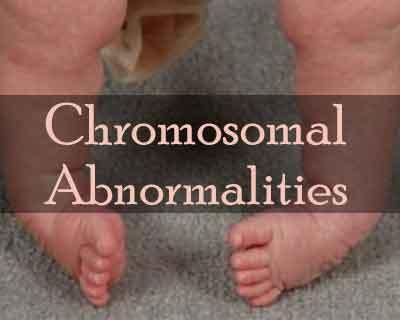- Home
- Medical news & Guidelines
- Anesthesiology
- Cardiology and CTVS
- Critical Care
- Dentistry
- Dermatology
- Diabetes and Endocrinology
- ENT
- Gastroenterology
- Medicine
- Nephrology
- Neurology
- Obstretics-Gynaecology
- Oncology
- Ophthalmology
- Orthopaedics
- Pediatrics-Neonatology
- Psychiatry
- Pulmonology
- Radiology
- Surgery
- Urology
- Laboratory Medicine
- Diet
- Nursing
- Paramedical
- Physiotherapy
- Health news
- Fact Check
- Bone Health Fact Check
- Brain Health Fact Check
- Cancer Related Fact Check
- Child Care Fact Check
- Dental and oral health fact check
- Diabetes and metabolic health fact check
- Diet and Nutrition Fact Check
- Eye and ENT Care Fact Check
- Fitness fact check
- Gut health fact check
- Heart health fact check
- Kidney health fact check
- Medical education fact check
- Men's health fact check
- Respiratory fact check
- Skin and hair care fact check
- Vaccine and Immunization fact check
- Women's health fact check
- AYUSH
- State News
- Andaman and Nicobar Islands
- Andhra Pradesh
- Arunachal Pradesh
- Assam
- Bihar
- Chandigarh
- Chattisgarh
- Dadra and Nagar Haveli
- Daman and Diu
- Delhi
- Goa
- Gujarat
- Haryana
- Himachal Pradesh
- Jammu & Kashmir
- Jharkhand
- Karnataka
- Kerala
- Ladakh
- Lakshadweep
- Madhya Pradesh
- Maharashtra
- Manipur
- Meghalaya
- Mizoram
- Nagaland
- Odisha
- Puducherry
- Punjab
- Rajasthan
- Sikkim
- Tamil Nadu
- Telangana
- Tripura
- Uttar Pradesh
- Uttrakhand
- West Bengal
- Medical Education
- Industry
PGS can prevent chromosomal abnormalities during IVF: Doctors

To detect the possibility of chromosomal abnormalities in embryos during IVF treatment, doctors have suggested that women undergo Pre-implantation Genetic Screening (PGS), a process that ensures healthy baby during IVF.
According to them, PGS is performed on a small embryo biopsy prior to transfer and identifies which embryos are chromosomally normal.
"Chromosomally normal embryos are the most likely to develop to term and to be born as a healthy baby. PGS testing helps IVF physicians and patients decide which embryos to transfer," said Rajni Khajuria, Laboratory Manager, Igenomix India, a reproductive genetics laboratory.
Emphasising on the clinical outcomes, Khajuria said: "Application of PGS techniques doubles pregnancy rates obtained compared to 30 per cent obtained without performing PGS."
Medical science states that chromosomal abnormalities in the embryo during the IVF can lead to repeated failure in implantation in the women's uterus.
Up to 70 per cent of embryos, whether created naturally or through IVF, are lost before birth. This usually occurs within the first three months of pregnancy, most often before implantation.
According to experts, if the cells of an embryo contain the wrong number of chromosomes this is called aneuploidy, and causes the embryo to develop abnormally. Women over 38 years of age are at greatest risk of conceiving a baby with a chromosomal abnormality.
Khajuria said among the other benefits for women undergoing IVF is to help couples who have experienced several spontaneous miscarriages due to an unknown cause. It also helps males with problems of low sperm concentration.
"Couples with previous aneuploid conception and translocation have also benefited through the PGS," said Khajuria.
Talking about the number of women undergoing PGS in India, Kshtiz Murdia, IVF expert at Indira IVF clinic and test tube baby center, said: "The awareness about such screenings are very less even if it is very affective."
"This can cure known genetic disorders which can be prevented at embryo level before they are transferred in uterus," said Murdia.


